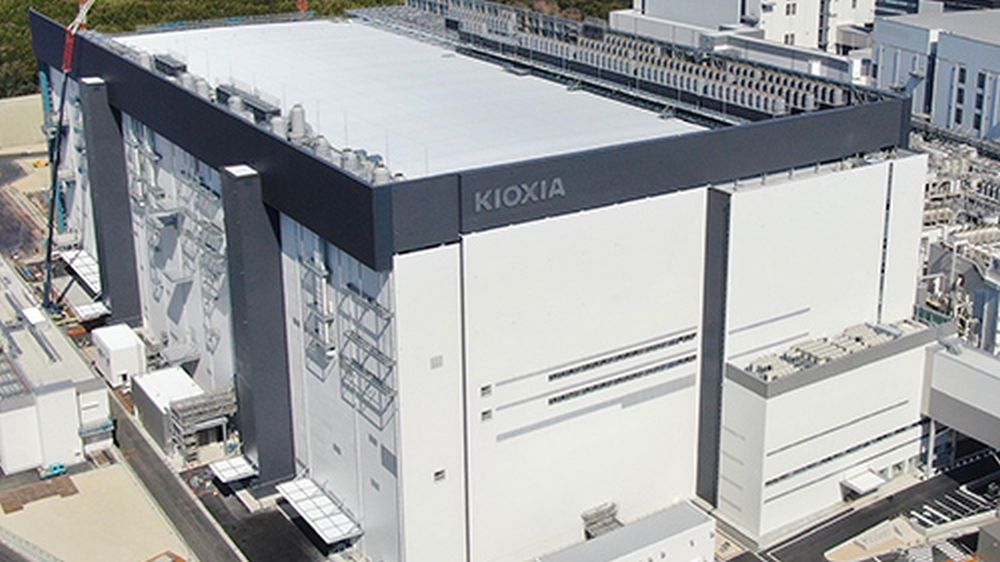- Kioxia develops 5TB flash memory prototype with 64GB/s bandwidth for edge computing
- Prototype memory module demonstrates daisy chain design maintaining bandwidth at higher capacities
- New module uses PAM4 signalling and controller prefetch to improve flash performance
Kioxia has developed a new type of prototype flash memory module which offers both large capacity and high bandwidth.
The module was created under Japan’s Post-5G Information and Communication Systems Infrastructure Enhancement R&D Project led by NEDO, the national research agency.
The module offers 5TB of storage and a transfer rate of 64GB/s, positioning it as a potential alternative or supplement to conventional DRAM in data processing. Kioxia said the design addresses the long-standing trade-off between bandwidth and capacity found in DRAM modules by arranging flash memory chips in a daisy-chain rather than a bus connection.
Beads of flash
Each flash unit, described as a bead, is connected in sequence with its own controller. The daisy-chain design allows capacity to expand without degrading bandwidth, something which has been a limitation in earlier architectures.
The company also developed high-speed transceivers capable of 128Gbps throughput. These use PAM4 modulation, which encodes two bits of information per signal, doubling the effective bandwidth compared to traditional binary signalling.
Alongside this, new controller features such as prefetching help reduce read latency, while low amplitude signalling and distortion correction increase the memory interface’s speed to 4.0Gbps.
Kioxia reported the prototype consumes less than 40W when operating at full bandwidth over a PCIe Gen 6 eight-lane connection.
The combination of power efficiency and throughput is being presented as a step toward making flash more practical in memory-intensive roles usually filled by DRAM.
The work is targeted at servers in mobile edge computing environments, where 5G and 6G networks create the need to process information closer to end devices.
Real-time IoT and AI workloads are driving interest in memory systems that balance cost, capacity, and performance.
Kioxia said it plans to continue developing this technology toward commercialization, with potential uses in IoT, big data analytics, and advanced AI models including generative AI.


